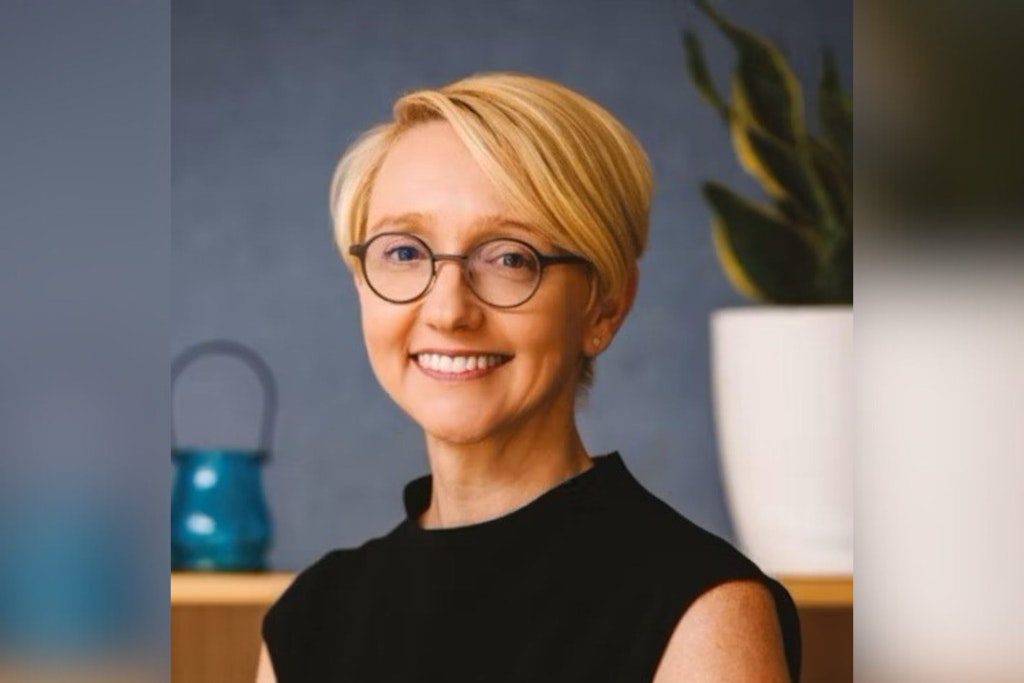Growth, expansion and reform leads to a new era for Proveda
Published on 16 February 2024

Home care providers are heading into a transformational period similar to what residential aged care has experienced. The new look Support At Home system is set to be a marked change for the sector and aged care consumers.
One provider riding the wave of change is Sydney-based community care provider, Proveda, which is celebrating its 30th anniversary, and a new phase after rebranding from Community Care Northern Beaches (CCNB).
Chief Executive Officer, Kaz Dawson, shared her optimism with hello leaders, stating that while it’s naive to think it’ll be perfect, the home care sector is well-positioned as the Government continues to listen to providers who want a flexible home care system.
“We’re facing once-in-a-generation level reform in our sector which, if it all goes to plan, we’ll end up with a simpler, better, fairer system,” Ms Dawson said.
“If we look at examples like the introduction of NDIS, it had some wins and losses, some opportunities and challenges […] and the organisations that survived and continue supporting customers are usually those organisations who can adapt.”
“That ability to adapt and evolve to both what customers need but also what the Government will require of us is going to be critical to us having a sustainable sector moving forward,” she added.
Ms Dawson added that she has been buoyed by the Government’s commitment to finding a best-fit model for home care but it’s essential they listen and implement a system with a diverse framework that supports an incredibly diverse ageing population.
Ushering in a new era
While community care is a broad brush applied to what Proveda offers, it’s an apt one; the home care provider offers aged care, disability and mental health support, plus specialist programs for end-of-life care and community volunteering.
A diverse portfolio and willingness to expand its reach nationally allowed Proveda to comfortably grow and Ms Dawson said now was the right time to adopt a name that reflected its reach beyond Sydney’s northern beaches.
“Aged care is still the biggest segment of our organisation, that’s where we support the most individuals and their families in any given year, but it’s no longer the only thing we do. The northern beaches of Sydney are still our heartland but it’s not the only place we operate,” Ms Dawson said.

“The name change and rebrand are positioning ourselves in the future. We’re very proud of our heritage and the work we’ve done in this community. But we’re conscious of feedback from customers in other areas or organisations that would love to partner with us who want to know we are committed to supporting people outside the area.”
Focusing on its strengths for rebranding inspiration, Proveda recognised that more people were tapping into its services and programs beyond aged care. And so the name is a nod to what it does best as a ‘provider’ but also as a source of support and knowledge – the latter is a rough translation of proveda in Sanskrit.
Provider with a cause
- Proveda’s rebrand reflects a wider growth period featuring impactful mergers and service expansion, with the provider still looking for additional partnerships
- Two leading organisations that now fall under the organisation’s umbrella of influence are the GroundSwell Project and Wings of Hope
- GroundSwell Project Australia pioneered the Dying To Know Day public health campaign, one of the biggest public health awareness campaigns nationally around death and death literacy
- Wings of Hope is a not-for-profit created to support families and individuals who have been bereaved by suicide by reducing isolation and preventing harm
Reform can lead to a better, fairer system
As highlighted by Ms Dawson, she wants a simpler, better and fairer aged care system. She sees flexibility, adaptability and diversity as key pillars of this.
Proveda achieves its flexibility through a brokerage model where it works with roughly 200 partner providers who deliver most of the services on their behalf. Ms Dawson said the Government has been receptive to embracing service delivery models that are going to support providers despite initial uncertainty.
“When I joined this organisation there was a question mark over whether that brokerage or that third-party provider model would even be allowed under Support At Home. There was a very big question mark over our future,” she said.
“Over the last 12 months, the Government has heard our advocacy and our lobbying […] and for the sector to be sustainable they will have to accommodate and support brokerage. I hope we continue to see that level of engagement with the Government and I hope they are open in their consultation.”
A system that is particularly responsive to changing consumer needs is essential, she added, citing the need to respond to increase, pause or re-engage with services depending on what an older person wants or needs.